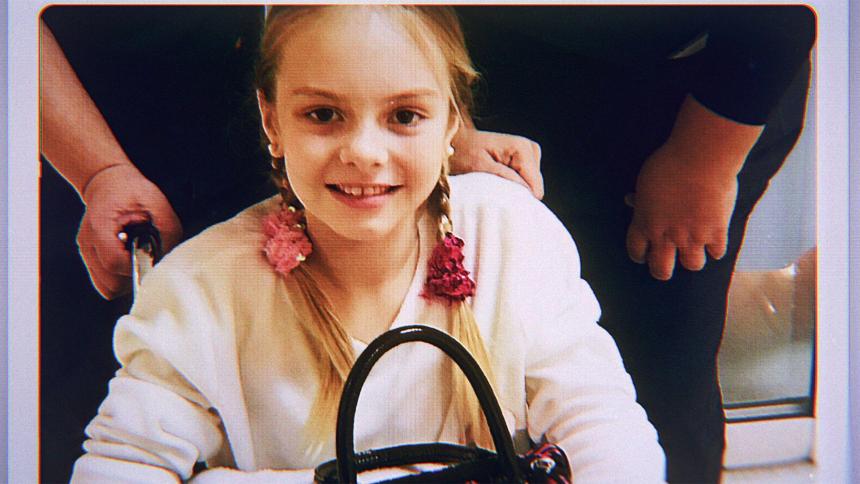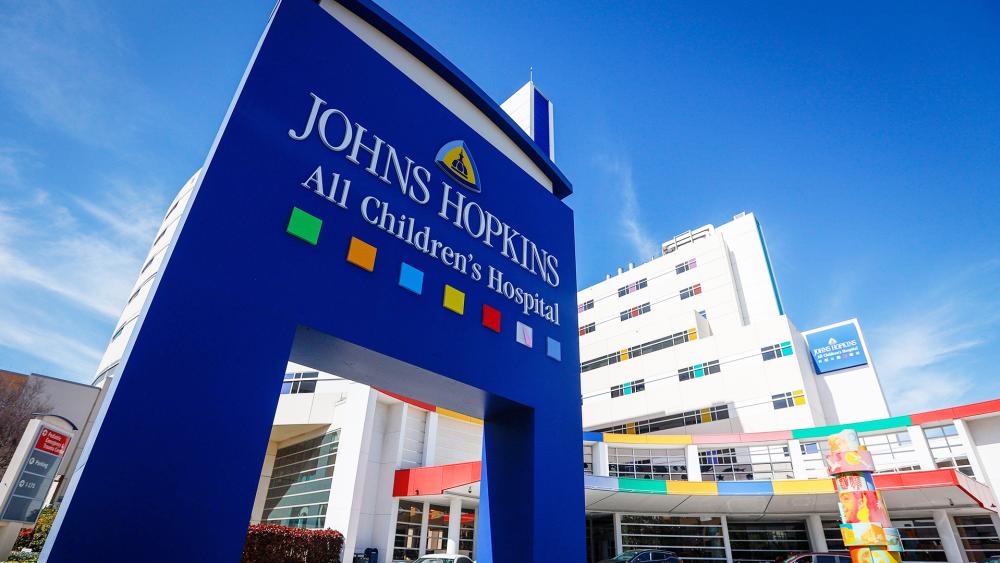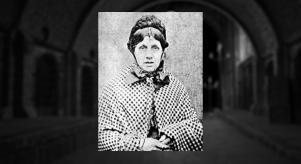
Broken Trust: What happened to Maya Kowalski?
The story of Gypsy Rose Blanchard has drawn particular attention to the unusual illness of Munchausen syndrome by proxy. Formerly known as factitious disorder imposed on another (FIDA), Munchausen by proxy is a mental illness where a child’s caretaker either fabricates and falsifies symptoms or causes real illness symptoms in their child. It is considered a form of medical child abuse.
But whilst Munchausen by proxy was a very real illness that impacted Gypsy Rose Blanchard’s life, its misdiagnosis set off a shocking chain of events in the life of young Maya Kowalski.
Ultimately, this misdiagnosis would lead to the death by suicide of Maya’s mother, and the Kowalski family filing a $200 million lawsuit against the Florida Department of Children and Families and the Johns Hopkins All Children’s Hospital in Florida.
Who is Maya Kowalski?

Maya Kowalski was born in 2005 to loving and doting parents, Beata and Jack Kowalski. Beata emigrated to the United States as a teenager from Poland and had excelled in nursing school and throughout her career. She and Jack lived together in Venice, Florida.
In the spring of 2015, Maya began complaining of pain and presenting a range of confusing symptoms. She was ultimately diagnosed with complex regional pain syndrome (CRPS), a rare condition that causes extreme and chronic pain.
It had taken a long while for the family to determine the problem because of its rareness. But Maya ultimately received the diagnosis from Dr Anthony Kirkpatrick, a specialist in the illness. Dr Kirkpatrick, who has treated over 3,000 patients with the rare condition, also recommended the best therapy – ketamine treatment.
The severity of Maya’s symptoms caused the Kowalski family to take their daughter to Mexico for an induced ketamine coma, a non-FDA approved treatment.
This seemed to positively impact Maya, who began experiencing less pain, with her family noticing improvements in her symptoms. She began a regular, low dosage of ketamine back in the US, with treatments overseen by Dr Kirkpatrick’s colleague, Dr Ashraf Hanna.
Accusations of child abuse

Maya Kowalski was admitted to Johns Hopkins All Children’s Hospital aged 10 in October 2016, accompanied by her mother and father. Maya was complaining of pains including headaches, body aches and lesions, and her ability to use her legs was rapidly decreasing.
The hospital ignored her parents’ assertions that Maya was suffering a significant relapse in her condition, as well as their request for her to receive ketamine treatment. Staff became suspicious of the ketamine dosage that Maya was receiving, and the situation rapidly deteriorated, with child welfare services ultimately contacted by medical staff.
Child abuse paediatrician Dr Sally Smith was eventually called, who accused Maya’s mother of abuse by Munchausen by proxy. Following Dr Smith’s assessment, Maya was removed from her parent’s care and put under custody of the state, in an incident of medical kidnapping.
Trials and tribulations
When Dr Kirkpatrick, who’d initially diagnosed Maya’s CRPS, heard what had happened, he contacted Dr Smith, outlining his diagnosis and Maya’s subsequent treatment.
Despite the Kowalskis hiring attorney Debra Salisbury, and despite Dr Kirkpatrick having briefed Dr Smith on Maya’s treatment and condition, her parents were refused access to their daughter by court order.
During this time, Maya remained at the hospital. She continued to suffer extreme pain from her condition, exacerbated by confusion over why she couldn’t see her parents. Hospital and child welfare advocates insisted she was being abused.
In December 2016, before Christmas, Maya wrote a letter to the court judge asking to see her family over the holidays. This was denied. The following month, Beata Kowalski died by suicide.
Victory in court
Five days after her mother’s death, Maya was returned to her father.
In 2018, the family filed a lawsuit against the Johns Hopkins All Children’s Hospital and Florida’s Department of Children and Families.
In November 2023, the hospital was found liable on multiple counts of abuse including false imprisonment, battery and intentionally inflicting emotional distress on both Maya and her mother.
The family were awarded damages of $211 million and $50 million in punitive damages.
In a statement at the time, the hospital’s attorney defended the staff’s actions and outlined the hospital’s intentions to appeal the case. Other families responded positively to the ruling, viewing it as a motion for justice and a symbol of hope and vindication.




